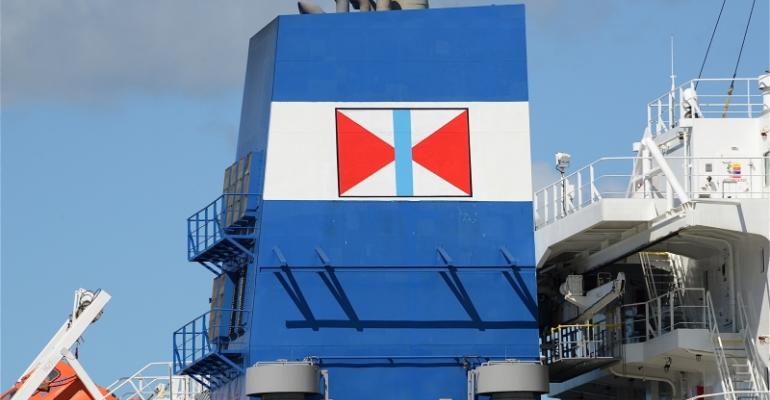CNCo, parent of Swire Shipping and Swire Bulk, is looking at an initial investment of approximately $2.5m to design, build and operate a pilot low cost, low carbon, low tech freighter, for construction in a South Pacific shipyard.
The CNCo and USP collaboration, named Project Cerulean, aims to eventually develop a new class of small cargo freighter to become commercially viable to operate and which can be scaled up in numbers to provide a cost-effective solution for currently marginalized communities in the Pacific Island Communities and Territories (PICT).
In the immediate term, Project Cerulean seeks to design, build and trial a low-carbon project ship to service the PICT in partnership with the Micronesian Centre for Sustainable Transport (MCST).
PICT are almost wholly reliant on sea transport for essential imports and other vital transfer of people and goods, CNCo pointed out.
The lack of appropriate and viable transport has been a major barrier to developing economies and social service delivery, especially for remote maritime provinces. Many routes are uneconomic using conventional shipping solutions and require increasingly high government subsidies to maintain, CNCo stated.
“We want to raise economic capacity in the South Pacific as the vessel will be able to service the outlying communities in the region, which are not currently on main line routes,” said Simon Bennett, general manager, sustainable development at CNCo.
Both CNCo and USP will operate and monitor the project’s performance for two years from launching and delivery into the project post sea trials to prove the commercial viability of the project ship.
Copyright © 2024. All rights reserved. Seatrade, a trading name of Informa Markets (UK) Limited.
Add Seatrade Maritime News to your Google News feed.  |


